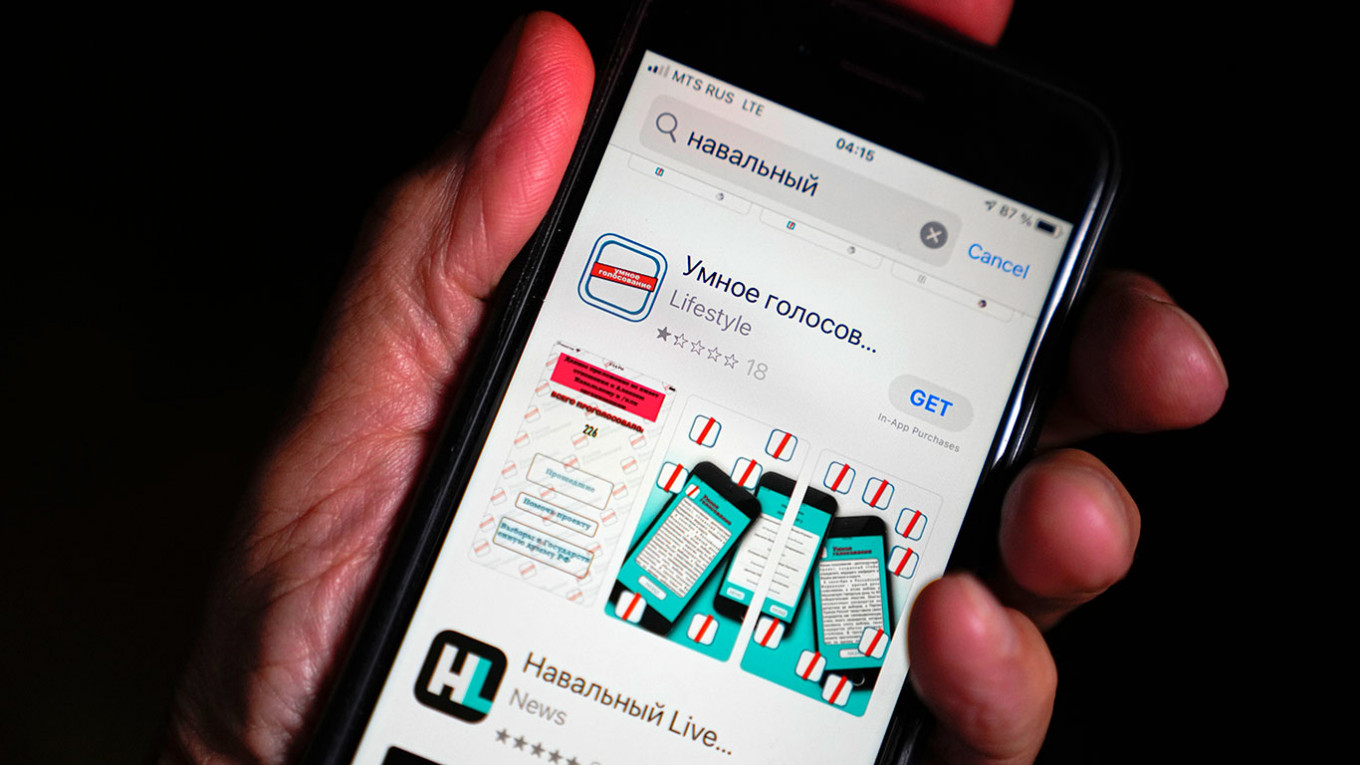Russian authorities are preparing to block major domain name systems (DNS) in what experts warn would hurt online privacy and allies of jailed Kremlin critic Alexei Navalny link to efforts to block his websites.
According to the Kommersant business daily, Russia’s communications watchdog Roskomnadzor had urged state companies to switch from Google and Cloudflare’s DNS — as well as from user privacy-oriented DNS over HTTPS (DoH) — to Russia’s sovereign system by Sept. 9 ahead of the planned tests.
“The blocks were not directly mentioned in the letters, but state structures usually receive such documents ahead of them,” Kommersant wrote.
DoH systems, which allow users to access blocked websites by bypassing the unencrypted DNS, have been adopted by the Google Chrome and Mozilla Firefox web browsers.
“Blocking them could not only reduce privacy, but also the security of internet connections, which scammers will absolutely take advantage of,” privacy expert Ivan Begtin told Kommersant.
Navalny ally Ivan Zhdanov said Thursday that his team’s IT experts detected the blocks and attributed them to the authorities’ efforts to eradicate Team Navalny’s online presence ahead of next week’s high-stakes parliamentary elections.
Russia asked platforms like Apple, YouTube and Twitter to block Navalny and his allies’ apps and accounts after his political and activist networks were declared “extremist” this summer. Meanwhile, most of Navalny’s top associates have fled Russia after facing criminal prosecutions on various charges.
“Our IT experts say that Roskomnadzor has just tested blocking Google and Cloudflare DNS services on major [Russian] telecom operators,” Zhdanov tweeted Thursday.
“This literally means that they’re ready to knock out half of the internet at once, all because of the ‘Navalny’ app,” he added.
GlobalCheck, a service that monitors and helps bypass website blockages in Russia, said it detected a five-hour period of DoH inaccessibility on Wednesday evening.
“Short-term blocking was needed to determine the damage to other resources,” it said in a blog post.
“There’s no doubt that the blockages are part of the fight against the Navalny app,” GlobalCheck said, adding that the DoH disruption also affected Navalny’s Smart Voting initiative which seeks to rally support against ruling party candidates in the Sept. 17-19 vote.
Roskomnadzor has been authorized to block encryption protocols since early 2020, months after Russia’s “sovereign internet” law that allows the country to disconnect from the world wide web took effect, according to Kommersant.
“A lot of people will be left without access to the internet due to the block,” said Zhdanov.
A Message from The Moscow Times:
Dear readers,
We are facing unprecedented challenges. Russia's Prosecutor General's Office has designated The Moscow Times as an "undesirable" organization, criminalizing our work and putting our staff at risk of prosecution. This follows our earlier unjust labeling as a "foreign agent."
These actions are direct attempts to silence independent journalism in Russia. The authorities claim our work "discredits the decisions of the Russian leadership." We see things differently: we strive to provide accurate, unbiased reporting on Russia.
We, the journalists of The Moscow Times, refuse to be silenced. But to continue our work, we need your help.
Your support, no matter how small, makes a world of difference. If you can, please support us monthly starting from just $2. It's quick to set up, and every contribution makes a significant impact.
By supporting The Moscow Times, you're defending open, independent journalism in the face of repression. Thank you for standing with us.
Remind me later.






